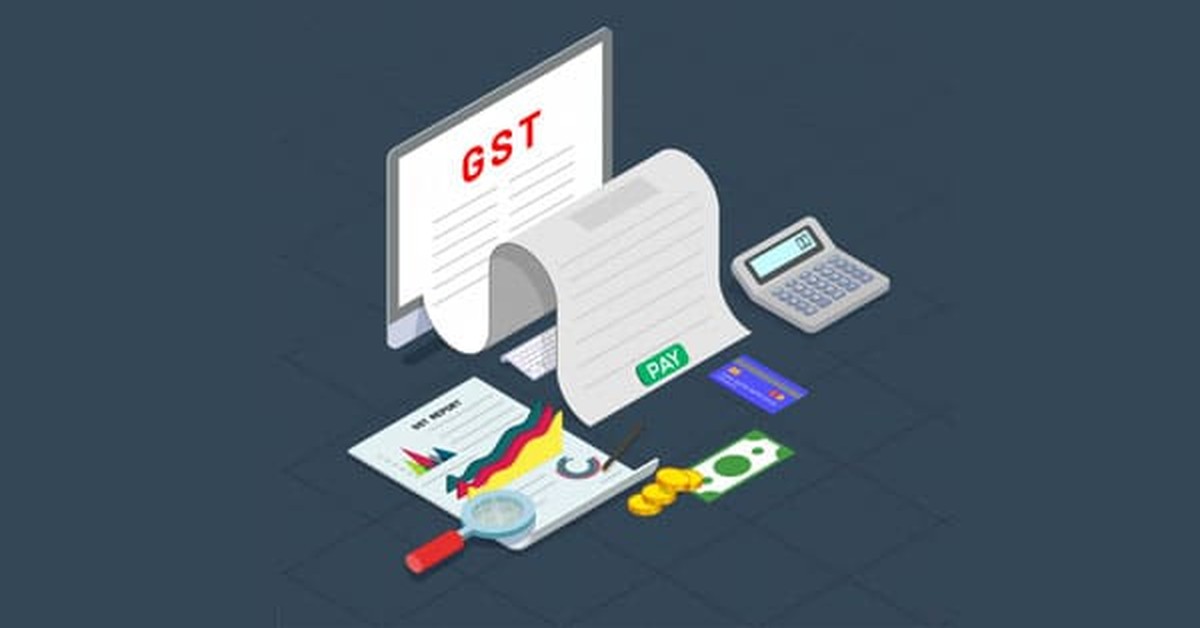The dispute regarding transitional credit in the GST regime has not resolved even after 3 years of the implementation of GST and God knows when this story would end. After the decision of Hon'ble Delhi High Court in the case of M/s Brand Equity Treaties Pvt. Ltd., there arose a ray of hope in the minds of assessee that the dispute as regards the time limit for carry forward of transitional credit would come to an end. However, the department has filed Special Leave Petition in the Supreme Court which has even been admitted by the Apex Court. Moreover, recently, the decision pronounced by Hon'ble Madras High Court in the case of M/s P.R. Mani Electronics reported as [2020-VIL-308-MAD] has taken diagonally opposite stand and has held that the time limit prescribed under Rule 117 of CGST Rules, 2017 is mandatory in nature and not directory. The decision given by the Hon'ble Madras High Court is the subject matter of discussion in our present update.
The petitioner challenged the validity of Rule 117 of CGST Rules, 2017 on the grounds that it is ultra vires section 140 of the CGST Act, 2017 and infringes Article 14 and Article 300A of the Constitution and prayed that they should be permitted to file their transitional credit form either electronically or manually. The petitioner placed reliance on the judgment of the Division Bench of the Delhi High Court in Micromax Informatics Ltd. Versus Union of India wherein Rule 117 was construed as directory and not mandatory. On the contrary, the revenue authorities relied upon decision given by the Hon'ble Supreme Court in the case of Jayam and Company Vs Assistant Commissioner and ALD Automotive Private Ltd. Vs Commercial Tax Officer to contend that input tax credit is a concession which can be availed as per the terms and conditions specified thereon.

The hon'ble Madras High Court held that as per section 164(3) of the CGST Act, 2017, the government is empowered to make rules including the power to give retrospective effect to the rules and so it was concluded that Rule 117 of the CGST Rules, is intra vires section 140 of the CGST Act, 2017. The Hon'ble Madras High Court rejected the plea of the petitioner that input tax credit is the property of the registered person and is vested right by placing reliance on the decision given by Apex Court in the case of Jayam and Company Vs Assistant Commissioner and ALD Automotive Private Ltd. Vs Commercial Tax Officer. The decision of ALD Automotive Private Ltd. ruled that the time limit in section 19(11) of TNVAT for availing input tax credit is mandatory.
The hon'ble High Court referred to various decisions rendered by High Courts on this issue including the case of Brand Equity Treaties Pvt. Ltd. which is pending before Supreme Court which was rendered without considering the retrospective amendment and the case of SKH Sheet Metal Components which was decided after retrospective amendment by Hon'ble Delhi High Court. The Hon'ble Madras High Court relied upon the decision given by Bombay High Court in the case of Nelco Limited Vs Union of India and Gujarat High Court in the case of Willowood Chemicals Ltd. Vs Union of India wherein it was held that input tax credit is a concession and Rule 117 is intra vires section 140 of the CGST Act. It was held that merely because the time limit for filing TRAN-1 was repeatedly extended cannot be construed as there is no time limit. The Hon'ble Madras High Court held that time limit for availment of input tax credit under section 16(4) is indicative of the fact that benefit of credit can be given along with conditions and permitting party to avail transitional credit in perpetuity would render the provision unworkable. The High Court also made reference to Supreme Court judgments to arrive at conclusion that the provision is directory or mandatory and held that time limit under Rule 117 of the CGST Rules is mandatory and not directory. Consequently, the writ petition was dismissed.
The above decision seeks to unsettle the findings of the Hon'ble Delhi High Court in the case of Brand Equity Treaties Pvt. Ltd. and SKH Sheet Metal Components and rather places reliance on decisions rendered prior to these decisions. It is worth noting that the decision given by SKH Sheet Metal Components was rendered after considering retrospective amendment made in section 140 of the CGST Act, 2017. We had mentioned in our earlier GST Update No. 70/2020-21 that retrospective amendment was not the sole reason for granting benefit by the Hon'ble Delhi High Court and there were other grounds such as credit is vested right under Article 300A of the Constitution and that the time limit prescribed in Rule 117 is directory in nature and not mandatory. However, inspite of detailed and reasoned orders passed by Hon'ble Delhi High Court, there are contrary decisions rendered by other High Courts which are only creating confusion as in that case, the decision of jurisdictional High Court is to be considered. Nonetheless, it is hoped that the final verdict of Supreme Court is delivered soon so that the saga of transitional credit comes to an end.









 CAclubindia
CAclubindia
